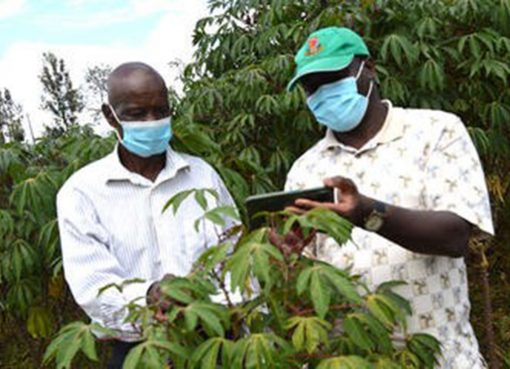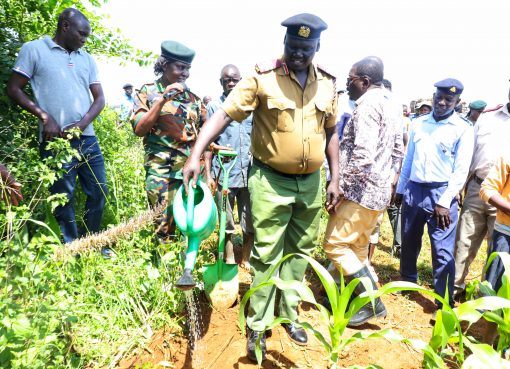The ministry of labour and social protection has launched a training curriculum and manual on preventing and countering violent extremism for children officers.
Cabinet Secretary (CS) at the ministry Florence Bore said that this launch will go a long way in building the capacity of children officers to identify, prevent, respond and counter violent extremism among children.
Speaking in Nairobi on Thursday during the launch, Bore said that the project encompasses preventing violent extremism through rehabilitation, vocational training and social integration for children in conflict with the law.
“I would like to commend The United Nations Office on Drugs and Crime (UNODC) for their support in the statutory children institutions by providing equipment for vocational training, scholarships, the automation of services in the institutions, counselling and reintegration, family empowerment and positive parenting programs, provision of micro business start-up kits among others,” said Bore.
The CS noted that a sizeable number of children are involved in conflict with the law explaining that the Kenya National Bureau of Statistics (KNBS) in 2021 documented that about 4,500 children were in conflict with the law with offences such as immorality, drug trafficking, robbery with violence, house break-ins among others.
Bore said that this is a threat to the success of the country since the success of a country is dependent on its young generation insisting that it is the duty of everyone to reduce the chances of these children transitioning into adult criminals.
“The launch of the new curriculum will not only equip the children officers with knowledge on identifying, preventing, responding and rehabilitating children involved in violent extremism but it will also provide officers with recommended measures and solutions for self-care and mental health wellness as they deal with such cases,” said the CS.
She said that her ministry and other stakeholders in the juvenile justice system will ensure that all officers are trained on the standards of dealing with child offenders as provided for in the children act, the care and after care procedures in order to equip them with the necessary skills required in their work.
“My ministry will also collaborate with the ministry of education to ensure that learning and other educational programmes are introduced in the remand homes and this will enable continuous education to the children as they await to have their cases processed through the justice system,” said Bore.
The CS highlighted that Kenya enacted the Children Act, 2022 which contains considerable modification to enhance the betterment of our children who are in conflict with the law.
“Section 19 of the Children Act provides elaborate measures to protect all children from being recruited or subjected to armed conflict while Section 144 identifies a child who is recruited or is at risk of being recruited into or exposed to unlawful or in imminent danger. It obligates the State to provide necessary mechanisms to safeguard the child’s rights and or rehabilitate appropriately,” explained the CS.
She said that this is an important milestone in the enhancement of Kenya’s Child Justice System as she called upon all stakeholders to give priority to the implementation of the Children Act, 2022 in order for the country to realize the aspirations of the Act.
State department of social protection and senior citizen affairs Principal Secretary (PS) Joseph Motari said that six rehabilitation schools have been equipped with state of the art vocational training equipment on tailoring and dressmaking, masonry, electrical and wiring, mechanical and automotive, confectionary among others.
The PS said that a total of 85 children have undergone vocational training over the last two years with some getting tool kits to establish their own businesses once they were released.
“We have also been engaged in the economic empowerment of parents since we realised that for a good number of children who get into the wrong side of the law, their parents were not economically empowered,” said Motari.
By Joseph Ng’ang’a





